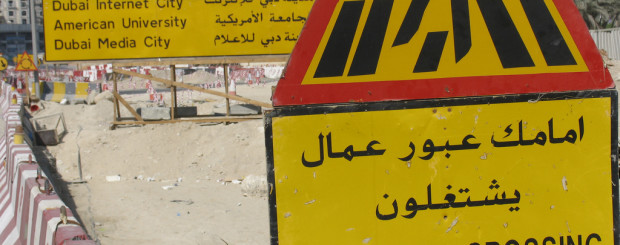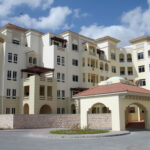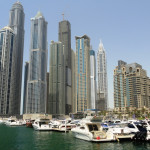What is the Demand for Skilled Workers in Dubai?
Fuelled by the deliberate diversification of income from oil to other sectors such as construction, infrastructure, telecommunications and healthcare, Dubai is one of the fastest growing economies in the world. The opportunity to work, within an international community, on dream projects is a huge draw for people from all over the world, looking not only to make their fortune here but also to further their careers.
Work experience in the Gulf region and particularly in a metropolis like Dubai is an impressive addition to any resume. Studies have shown that the UAE is one of the world’s premier destinations for expats looking to migrate; the largest number of expats in the region come from the Indian sub-continent followed by the UK, Pakistan and the US.
As economic activity in the region continues to grow and GDP dependence on oil-generated income continues to fall, the demand for niche skill sets and specific expertise particularly in the sectors of financial services, information technology and logistics is bound to grow by leaps and bounds. Some experts also say that there are some pretty ambitious plans for the development of the UAE particularly in its goal of becoming the Islamic financial hub of the Middle East and North Africa (MENA) region.
EXPO 2020
In addition, the imminent arrival of the EXPO 2020 has already begun to generate an increase in the demand for niche experts across all sectors, but more so in the field of infrastructure and information technology.
Experts estimate that 45,000 new hotel rooms at a staggering cost of AED 31 billion will be required to accommodate the expected deluge of visitors to the country. The cost of infrastructure for the EXPO 2020 is estimated at a mind-boggling sum of AED 12.54 billion, creating a huge demand for talented and skilled labor, particularly in the construction and tourism sectors.
Although the numbers of expats entering the country continues to grow every year, many experts caution that the influx of skilled labor into the country is far short of the numbers suggested to maintain growth of the economic sector. Today’s business environment is very different from that of the past where the demand was primarily for lower skilled laborers such as construction workers and staff for the hospitality sector.
Today companies are mainly looking for high skilled workers such as engineers, technicians and medical staff to fill vacancies. Furthermore, firms are not just looking for technical skills, but a set of soft skills as well such as independent problem solving and organizational leadership. Many businesses are developing their own strategies of training and developing a new breed of business individuals in order to retain human capital.
Unique Skills
In addition to highly unique skills that are lacking in the economic sector, employers are also looking for employees with regional experience and cultural awareness. As local companies continuously court foreign talent in a bid to take advantage of new markets in other countries, cultural sensitivity is becoming more essential than ever. A lack of awareness of the local culture can lead to anything from personal offense to culturally insensitive business moves and ultimately a failure to do business entirely if the cultural values of a local business partner are continuously offended.
Expanding Market
Similarly, in a rapidly expanding global market, it is very important to know and understand the regional business climate in Dubai and the UAE. Simply transplanting western business practices (no matter how successful they may be) into the Gulf region is unlikely to generate any dividends. It is important to understand the pulse of doing business here, factors that affect how business is conducted and the impact of socio-economic forces on the outcome of business. Therefore, potential employees with regional experience and those that understand how the county’s culture permeates its business policies are likely to be at a distinct advantage over others applying for similar positions.
Each sector driving the economic progress of the country has particular requirements in their search for employees particularly at the mid to senior executive levels. In the construction and real estate sector, for example, employers admit that it is difficult to find mid-level employees with design and civil engineering skills, while higher level executives are lacking in vital project management skills.
Strong economic and demographic motivators are placing heavy demands on the construction industry which is constantly on the lookout for skilled individuals with specialized expertise in HVAC, plumbing and electrical engineering. Similarly in the real estate sector, prized skills include project financing, real estate evaluation and property market analysis. In the hospitality sector, employers feel that lower to mid-level employees are often lacking in the knowledge of safety and hygiene issues, which are essential in hotels and resorts.
To sum up, the answer to the question about demand for skilled workers is yes, there is a very high demand for skilled workers in almost every sector in the country, but just because you are qualified will not guarantee you employment. With the plethora of applications that employers receive on a daily basis, employees need to have a highly specialized niche skill set to gain the edge over their competitors.








